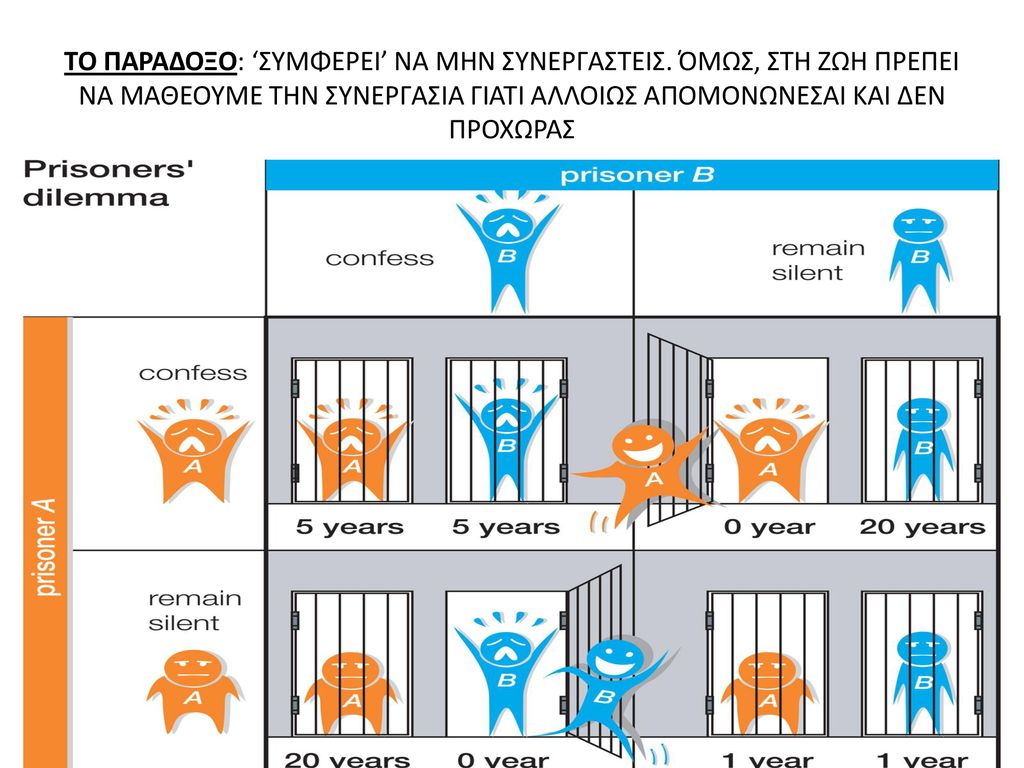London Parks: Mark Rylance's Condemnation Of Music Festival Impacts

Table of Contents
Environmental Damage Caused by Music Festivals in London Parks
Music festivals, while offering entertainment, can leave a significant environmental footprint on London's parks. The sheer scale of these events often leads to considerable ecological damage, impacting both the immediate environment and long-term sustainability.
Waste Management and Pollution
Large music festivals generate massive quantities of waste. Mountains of plastic bottles, food wrappers, and other litter accumulate, requiring extensive cleanup efforts and often leaving lingering traces of pollution. Furthermore, the energy demands of these events—fueled by generators—contribute to significant air pollution. The transportation of attendees, performers, and equipment adds to the carbon footprint, exacerbating the impact on air quality. Noise pollution also contributes to the environmental burden.
- Increased carbon footprint: The transportation of attendees, equipment, and the energy consumption of the event significantly increase carbon emissions.
- Soil contamination: Litter and waste left behind can contaminate the soil, harming plant life and disrupting the delicate balance of the ecosystem.
- Water pollution: Wastewater from temporary facilities and discarded materials can pollute nearby water bodies, affecting aquatic life and water quality.
Damage to Flora and Fauna
The physical impact of large festivals on London's parks is equally concerning. Heavy equipment used for setting up and dismantling stages and other structures causes significant damage to the land. The sheer volume of foot traffic compacts the soil, harming plant life and disrupting established ecosystems. This disruption significantly affects local wildlife, displacing or even harming vulnerable species.
- Habitat destruction: The setting up and dismantling of festival infrastructure directly destroys habitats for various plants and animals.
- Species displacement: The noise, activity, and altered environment cause displacement and stress for wildlife, potentially impacting their breeding cycles and survival rates.
- Long-term ecological impact: The cumulative effect of repeated large-scale events can have a severe and long-lasting negative impact on the biodiversity and overall health of the park's ecosystem.
Social and Community Impacts of Music Festivals in London Parks
Beyond the environmental concerns, music festivals in London parks have significant social and community implications, often affecting nearby residents and the wider community.
Noise Pollution and Disturbances to Residents
One of the most common complaints from residents living near parks hosting music festivals is noise pollution. The prolonged periods of loud music, amplified sound systems, and general festival activity can cause considerable sleep disruption, stress, and a significant decline in the quality of life for affected communities. This is especially true for vulnerable groups such as the elderly and young children. Effective noise mitigation strategies are crucial to lessen these negative impacts.
- Noise complaints: Frequent complaints from residents demonstrate the significant disturbance caused by high noise levels.
- Sleep disruption: Loud music and late-night activity prevent many residents from getting adequate sleep.
- Quality of life concerns: The cumulative effect of noise, disruption, and increased traffic significantly impacts the quality of life for nearby communities.
Accessibility and Inclusivity Concerns
The high cost of tickets for large music festivals can exclude many members of the community, limiting access to these events. Accessibility for disabled individuals is another significant concern, with many festivals lacking adequate provisions for wheelchair users and those with other disabilities. Moreover, the temporary closure of parks during and after festival events restricts access for regular park users, disproportionately affecting those who rely on these green spaces for daily exercise, recreation, or simply quiet contemplation.
- Ticket pricing: High ticket prices exclude many members of the community, limiting access to these events.
- Accessibility for disabled individuals: Inadequate facilities and provisions for those with disabilities limit their ability to fully participate.
- Limited park access for residents: The closure of parks for festival setup and cleanup restricts access for regular users.
Mark Rylance's Viewpoint and Proposed Solutions
Mark Rylance's concerns about the impact of large music festivals on London's parks highlight the need for a more sustainable and responsible approach to event management. While specific details of his proposed solutions may vary depending on the source, his overarching message emphasizes the necessity of prioritizing the long-term health and accessibility of these vital green spaces. He advocates for careful consideration of the environmental and social consequences before granting permits for large-scale events in these sensitive areas. His suggestions likely involve stricter regulations on waste management, noise control, and accessibility, alongside exploring alternative, more sustainable event locations and formats.
- Rylance's specific criticisms: His critique likely centers on the lack of sufficient consideration for the environmental and social impact of these events.
- Proposed alternatives: His suggestions might include exploring smaller-scale events, stricter environmental regulations, and improved community engagement.
- Sustainable event management: He likely advocates for implementing sustainable practices throughout the planning and execution of such events.
Conclusion: Balancing Entertainment and Environmental Protection in London Parks
Mark Rylance’s condemnation, and the evidence presented in this article, clearly illustrates the significant impact of large music festivals on London's parks. The environmental damage, from waste generation to habitat destruction, coupled with the social disruption caused by noise pollution and reduced community access, calls for a critical reassessment of current practices. Protecting London's green spaces is crucial for the health and well-being of its citizens and the preservation of biodiversity. Moving forward, we need to prioritize sustainable practices and responsible event planning to ensure that Londoners can enjoy both vibrant entertainment and the invaluable benefits of these precious green spaces. We encourage readers to learn more about the impact of large events on London parks and engage in discussions about sustainable solutions for managing the use of these valuable green spaces. Let's work together towards finding solutions for "London parks sustainable events" and "responsible music festival planning," ensuring the long-term protection of "London's green spaces" for everyone.

Featured Posts
-
 El Tenis Espanol De Luto Muere Juan Aguilera
May 19, 2025
El Tenis Espanol De Luto Muere Juan Aguilera
May 19, 2025 -
 Crisis En El Cne Analisis De La Militarizacion De La Sesion Electoral
May 19, 2025
Crisis En El Cne Analisis De La Militarizacion De La Sesion Electoral
May 19, 2025 -
 Mensik Y La Suerte Del Campeon De Miami El Supervisor Almorzaba
May 19, 2025
Mensik Y La Suerte Del Campeon De Miami El Supervisor Almorzaba
May 19, 2025 -
 What Abusa Means For Us Businesses And Consumers
May 19, 2025
What Abusa Means For Us Businesses And Consumers
May 19, 2025 -
 Sygxroni Ermineia Ton Apofaseon Tis Synodoy
May 19, 2025
Sygxroni Ermineia Ton Apofaseon Tis Synodoy
May 19, 2025
